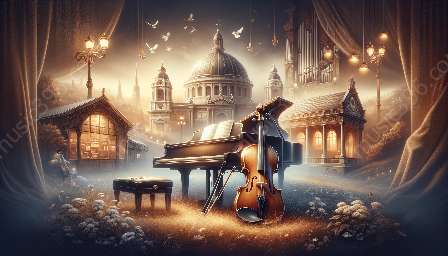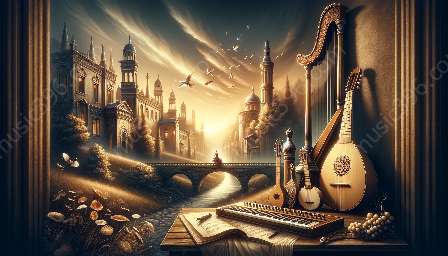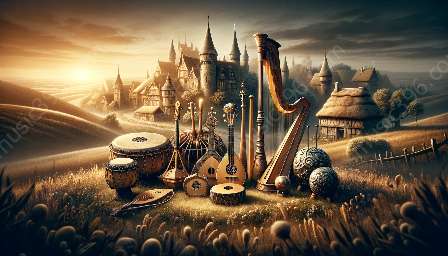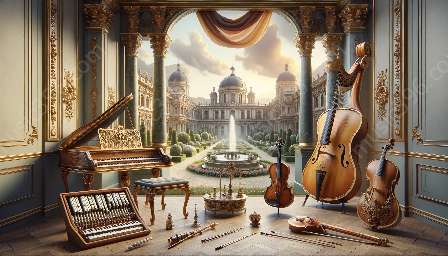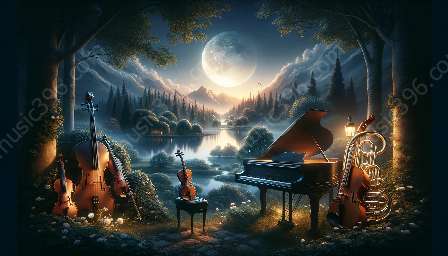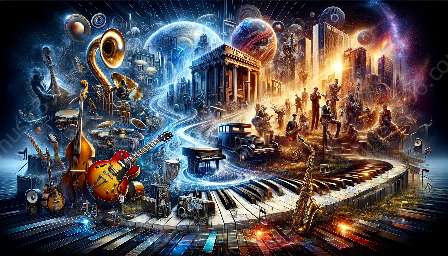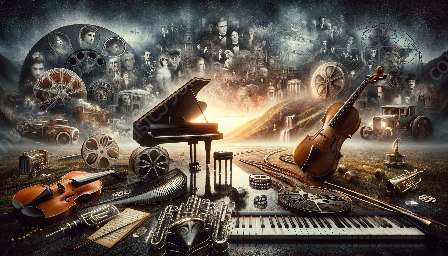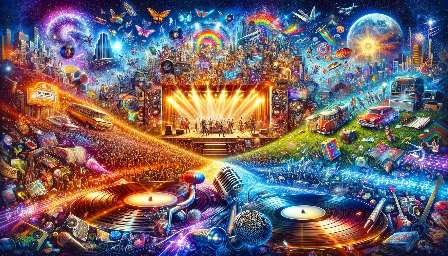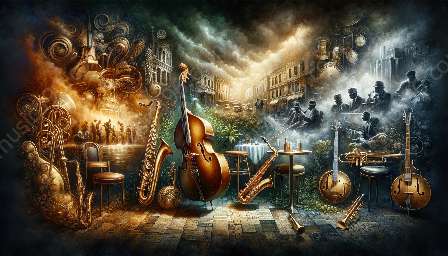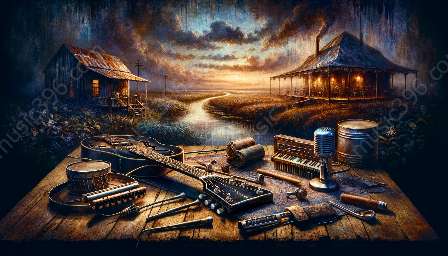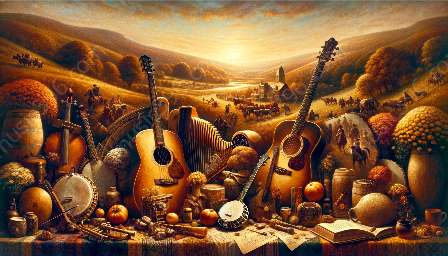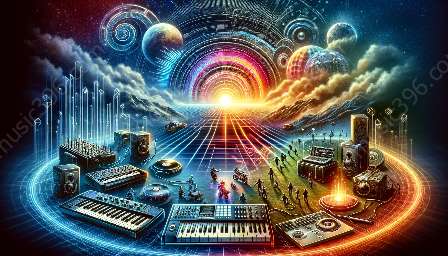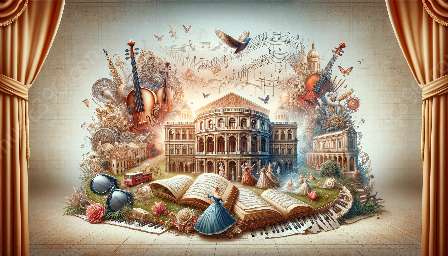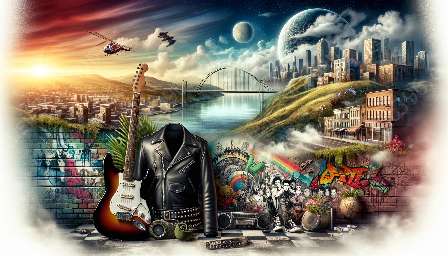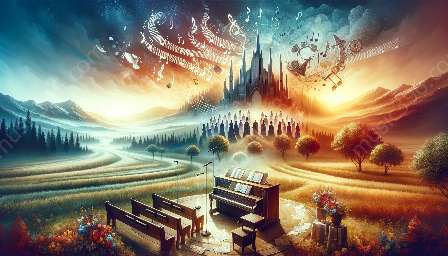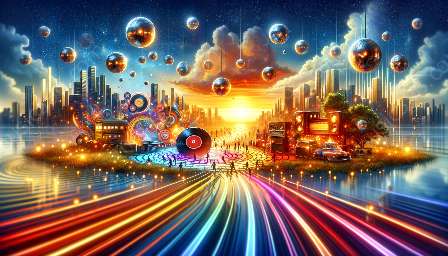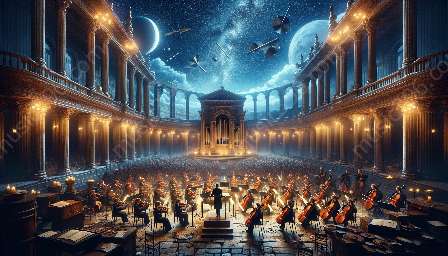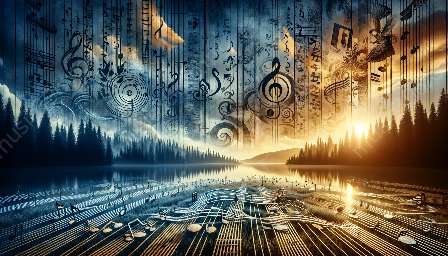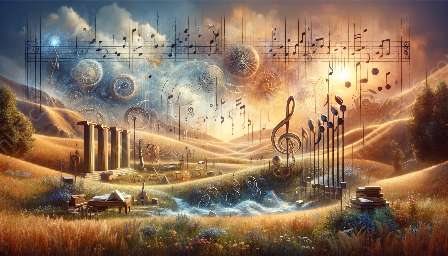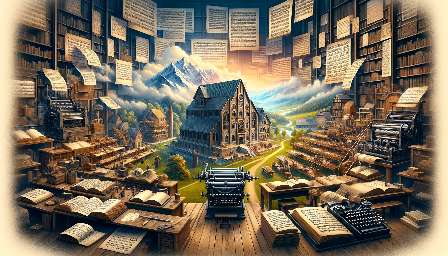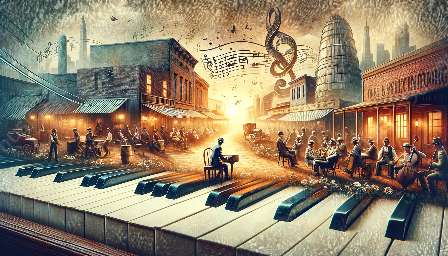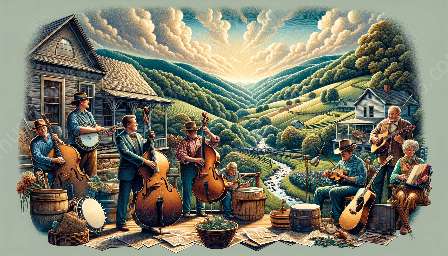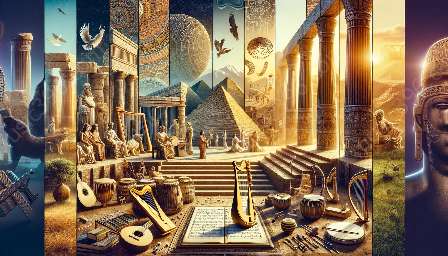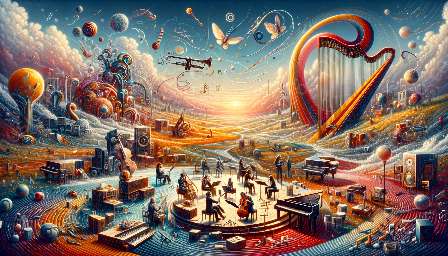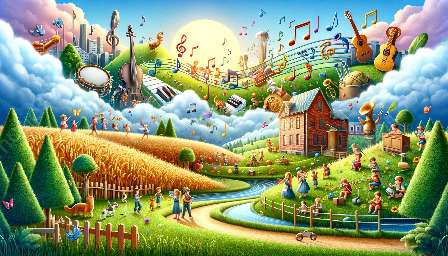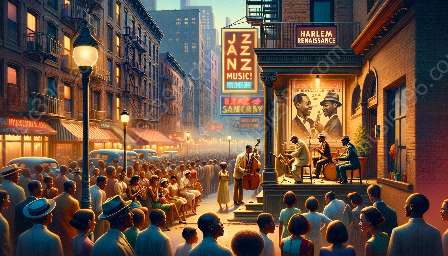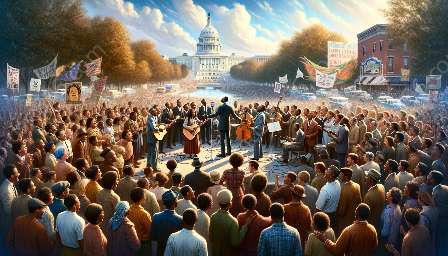The Romantic era in music history, spanning from the late 18th century to the early 19th century, was a time of profound emotional expression and artistic innovation. The music of this era played a crucial role in expressing and shaping the emotions of the time, influencing not only the development of musical styles and forms, but also the broader cultural and social movements of the period.
Emotional Expression in Romantic Era Music
During the Romantic era, there was a significant shift in the way emotions were portrayed and expressed through music. Composers sought to capture and convey a wide range of emotions, from deep sorrow and melancholy to intense passion and exuberance. This emphasis on emotional expression led to the development of new musical forms and techniques that reflected the innermost feelings of the composers and their audiences.
This emphasis on emotional expression manifested itself in the use of heightened drama, powerful melodies, and rich harmonies, as well as a greater emphasis on individual creativity and personal expression. Composers such as Ludwig van Beethoven, Franz Schubert, and Pyotr Ilyich Tchaikovsky, among others, embraced and exemplified this new approach to emotional expression in their compositions.
Influence of Art and Literature
- Romantic era composers were also deeply influenced by the artistic and literary movements of the time, such as the Romanticism movement in literature. They drew inspiration from the works of poets, writers, and visual artists, seeking to evoke the same emotional depth and intensity in their music as was found in the other arts.
- Composers often collaborated closely with poets and authors, setting their texts to music and using literary themes as the basis for their compositions. This interdisciplinary approach to artistic expression helped to further expand the emotional and expressive power of music during the Romantic era.
Role of Nationalism
- Nationalism also played a significant role in the expression of emotions during the Romantic era. Composers sought to capture and celebrate the unique cultural identity and spirit of their respective nations through their music. This celebration of national identities often evoked strong feelings of patriotism, pride, and nostalgia among audiences, further cementing the emotional impact of the music.
- Composers incorporated folk melodies, traditional rhythms, and thematic elements from their native cultures into their compositions, creating music that resonated deeply with the emotions and sentiments of their audiences.
Impact of Technological Advancements
- Advancements in musical technology, such as improvements in instrument manufacturing and the development of the piano, had a profound impact on the emotional expression in music during the Romantic era. Composers were able to explore new tonalities, dynamics, and expressive capabilities, allowing for a more nuanced and evocative portrayal of emotions in their compositions.
- For example, the widespread availability of the piano as a domestic instrument led to an increased focus on intimate, introspective music that was well-suited for expressing deeply personal emotions.
Legacy of Emotional Expression in Romantic Music
The emotional expression that characterized Romantic era music continues to influence and inspire composers and performers to this day. The profound impact of music on emotions during this period laid the groundwork for the development of new musical styles and forms, and shaped the way in which music is understood and appreciated.
By understanding the role of music in expressing emotions during the Romantic era, we gain insight into the enduring power and significance of music as a universal language of human emotions and experiences.

